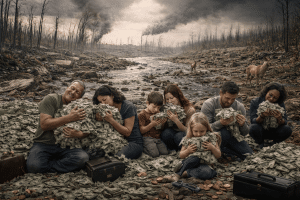A few days ago I watched an interview on television with a well-known Dutch poet, performer, and author, Jules Deelder ─ in celebration of his 74th anniversary. Besides his candor, openly discussing his alcohol and drug addiction, he mentioned something that made me think: ‘At my age, everything that has happened feels like yesterday.’
And immediately I started to wonder: What if all past customer experiences feel like they happened yesterday? If so, this could explain the often strong emotions people tend to have with a brand ─ even if these experiences happened many years ago.
The notion of ‘yesterday’ lingered on in my mind for days and it made me remember a song by Charles Aznavour: ‘Yesterday When I Was Young‘. The lyrics are of a man, looking back on his younger years. I wondered whether the use of ‘yesterday’ was simply a poetic expression, or that the songwriter actually captured the essence of how our mind perceives the past?
Neuroscience
We know from neurological studies that our memory is essential to construct scenarios for ourselves in the future. We know people who are good at remembering also have vivid thoughts about the future. People like Henry Roediger did a lot of research on memory recollection. Roediger said we store only bits and pieces of what happened—a smattering of impressions we weave together into what feels like a seamless narrative. When we retrieve a memory, we also rewrite it, so that the next time we go to remember it, we don’t retrieve the original memory but the last one we recollected. So, each time we tell a story, we embellish it, while remaining genuinely convinced of the integrity of our memories.
Could these phenomena explain for the ‘yesterday’ perception? That ─ after recollecting our memories ─ we reconstruct our memory and put a new timestamp on it? Or is it because the reason to remember is merely to create helpful scenarios with which to consciously address our future? After all, what is consciousness, but the ability to make plans and gain some advantage over our environment, rather than stumble from crisis to crisis?
Until a plausible answer comes along, I’m sure you’ll enjoy Aznavour ─ as do I.





